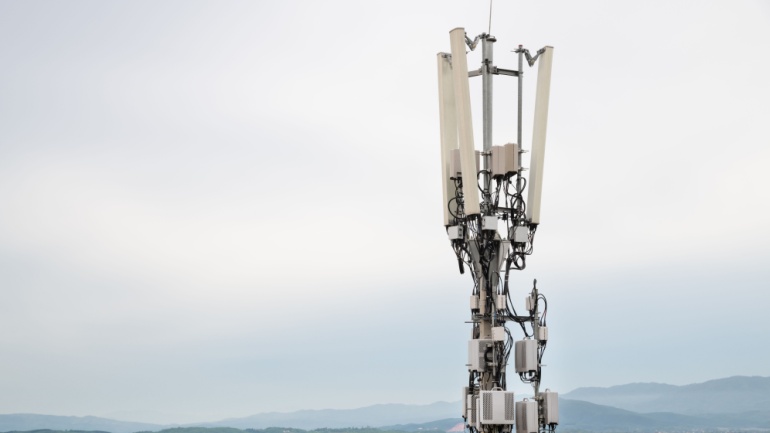Argentina’s telecom sector is poised for a 5G revolution as the government releases more spectrum, boosting the digital infrastructure. By reallocating spectrum from Arsat and Enacom, the initiative promises significant investments and growth.
Nokia has secured a crucial agreement with Claro Argentina to deploy 5G infrastructure nationwide, positioning Nokia as the sole supplier. This collaboration aims to revolutionize connectivity, focusing on Argentina’s largest cities. By leveraging Nokia’s cutting-edge 5G AirScale technology, encompassing base stations and massive MIMO radios, this initiative promises unparalleled performance and reliability.
The government of Peru’s innovative plan to allocate 5G spectrum to telecommunication operators prioritizes coverage expansion over cash payments. This initiative aims to accelerate the deployment of 5G standalone technology, particularly in underserved rural areas. This regulation enhances infrastructure growth while reducing financial burdens, promising to reshape Peru’s telecom landscape.
Spain’s top three mobile operators have struck a deal to share spectrum in the 700 MHz band, aiming to improve rural coverage and secure government funding. This agreement involves Telefonica’s Movistar, the newly formed MasOrange, and Vodafone’s Spanish division.
Telefonica triumphs in securing exclusive rights to broadcast elite Spanish football through their Movistar Plus service, committing an eye-watering €1.29 billion for this privilege till the 2026-27 season. They’ve successfully navigated past Spain’s competition regulator’s conditions, opening a window of opportunity for their substantial investment.
Telecom News | Week #44: T Challenge, End of Vodafone Spain, Nokia’s Technology Strategy 2030, Samsung and O2 testing vRAN.
In a bold amalgamation move, Orange and MasMovil are set to combine their Spanish telecom operations in a €19 billion deal. European regulators, however, have expressed concerns, fearing a spike in consumer costs due to a potential market monopoly. To address these apprehensions, Orange and MasMovil are shedding some assets, with Romanian telecom Digi earmarked to acquire parts of the business, paving the way for a more competitive landscape. Californian tech enthusiasts, early adopters and IT professionals are keenly observing this development, which is seen as a yardstick for regulator sentiment towards large-scale telecom consolidation in Europe.
Delving into satellite technology, Telefónica forms a strategic alliance with Starlink to enhance global connectivity, specifically targeting rural and hard-to-reach regions. With initial implementation in Mexico, this high-speed internet service is set to expand to five more markets, indicating a promising shift in accessible global digital inclusion. But is this the harbinger of a new connectivity era or just a companion to existing solutions?
Telefónica has reportedly reached out to Vodafone, initiating dialogue for potential collaborations involving their Spanish broadband networks. The proposition offers a range of possibilities such as forming a strategic alliance, a wholesale agreement, or possibly integrating Vodafone’s clientele into Telefónica’s fiber network. This outreach is suspected to be a reaction to Vodafone’s recent strategic review and a potential sale of their Spanish unit.
Telefonica teams up with Nokia in a bold move to investigate the application of private mobile networks within Latin American businesses. They aim to foster digital transformation across “promising industries”, including ports, energy, mining, and manufacturing. Despite 5G’s infancy in the region, Ericsson’s recent report suggests a promising future, predicting 5G will constitute 42% of all mobile subscriptions by 2028. Meanwhile, Nokia’s data reveals that a whopping 80% of companies implementing their industrial-grade private wireless solutions expect a positive return on investment within six months.













